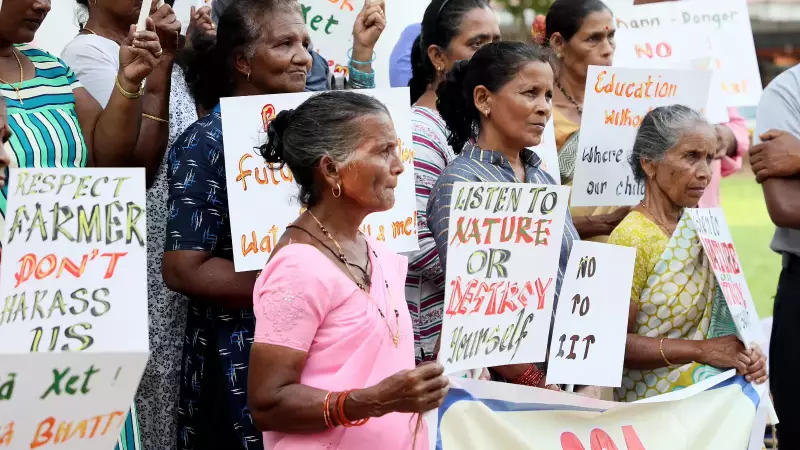
Across India's diverse landscape, a powerful wave of resistance is building against large-scale infrastructure development. What began as isolated concerns has now transformed into a nationwide movement challenging what many describe as 'construction without conversation'.
The New Geography of Protest
From the coastal regions of Kerala to the mineral-rich lands of Chhattisgarh, and from the western state of Maharashtra to the southern plains of Tamil Nadu, major infrastructure projects are facing unprecedented opposition. Villages, farmlands, and wetlands that were once considered easy territory for development have become centers of organized resistance.
The movement represents a significant shift in India's development narrative. On November 11, 2025, the scale of this resistance became increasingly evident as communities across the country voiced their concerns about the environmental and social costs of rapid infrastructure development.
Beyond Land Acquisition: The Ecological Concerns
The protests are not merely about land acquisition or displacement, though these remain critical issues. Local communities are expressing growing anxiety about severe ecological damage that could result from these projects. Their concerns include increased flooding, widespread deforestation, stress on aquifers, and coastal erosion.
In recent times, India's hill regions have suffered significantly from extreme weather events, serving as a warning for what might happen in the plains if ecological considerations are ignored. Villagers and environmental activists argue that the ecological cost of these projects is simply too high to bear.
Case in Point: Kerala's Silverline Project
The resistance movement finds clear expression in Kerala, where the Silverline rail project has encountered strong opposition. This ambitious infrastructure initiative, designed to improve transportation connectivity, has become a focal point for concerns about environmental impact and community consultation.
Similar stories are unfolding across multiple states, creating what observers describe as a new geography of protest. The common thread connecting these diverse movements is the demand for sustainable development that respects both ecological boundaries and local communities.
As India continues its infrastructure push, the tension between development goals and environmental protection is becoming increasingly apparent. The protests signal a critical moment in the nation's development journey, where the definition of progress is being reexamined through the lens of ecological sustainability and community rights.





